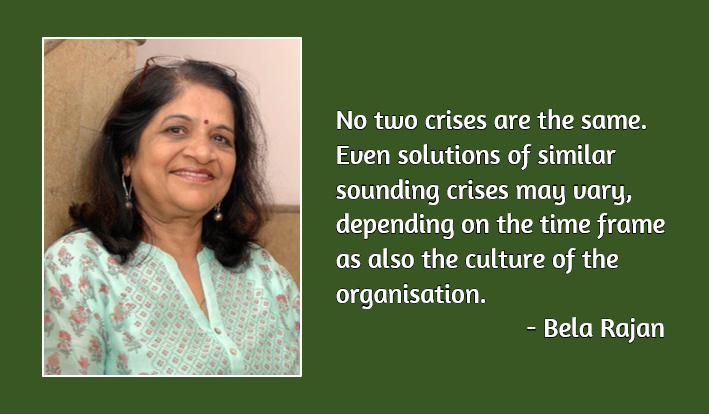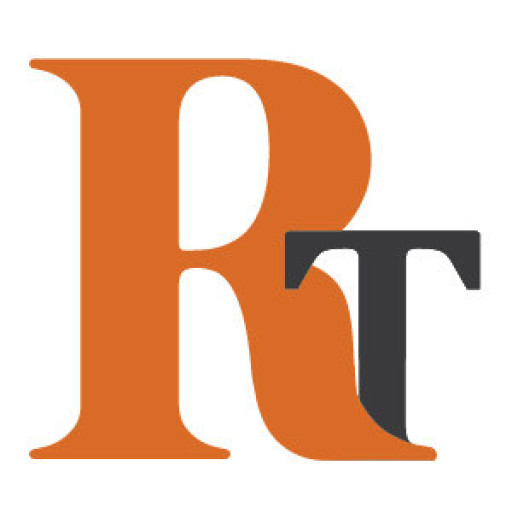Bela Rajan, Founder Director at Ketchum Sampark Public Relations plays a stellar role today. Involved with the Editorial Board of Ad Club, Mumbai and FICCI FLO (Federation of Indian Chambers of Commerce and Industries Ladies Wing – Mumbai Chapter), she is also an independent woman Director on the Boards of public-listed companies. In conversation, with Shree Lahiri, she talks about Ketchum Sampark’s journey, the crises faced along the way and the future.
RT: Ketchum Sampark will be celebrating its silver jubilee soon. How has the journey been?
BR: It’s been a long journey but an exciting and rewarding one. We started at a time when there was little understanding of PR as a profession in India and gradually built our way through. From a culture of a small boutique to be recognised as one of the top PR consultancies in India – we’ve come a long way and it feels great.
RT: How has ‘Knowledge Studio’ contributed to Ketchum’s businesses in India and around the globe? How much does digital contribute to Ketchum Sampark’s main operations and to the overall revenue?
BR: Globally, we are much evolved in this area as Ketchum has a huge digital capability. We collaborate with our colleagues across the globe on many projects and this has only improved our product offering. Clearly content and digital is the way to go. In India, we believe, as a part of the pie, digital will catch up with the traditional over the next three to five years, and may go on to become much larger after that.
Although currently the margins in this space are lesser than some of our traditional offerings, given the potential of this space we continue to invest, besides seeking partnerships within our group, to maintain our leadership.
RT: Your firm has handled a number of crises along the way. What were the most valuable learnings you picked up, from crisis management?
BR: Each crisis has its own nuances and experiences. No two crises are same and the solutions vary, depending on the time frame as also the culture of the organisations. So, what’s right for one may not be right for the other or, a solution at a point of time may not be the right solution at another. While there was always a realisation that a crisis can paralyse a brand, it is only in recent times, that many of the corporates have begun to invest in a crisis protocol. We are helping many of our clients and organisations in not only proactively putting together a robust process which can mitigate crisis and help to contain it, but also assisting them, as and when one develops the processes.
In fact Crisis Communications is one of our most valued offerings apart from Financial Services, Corporate and Technology practices.
RT: Where does India feature vis-a-vis the global perspective, as far the operations go?
BR: I am happy that we continue to grow steadily and are among the better performers in the Indian market, as also in the Ketchum World. The transformative way in which the Digital/Social has created a gateway to truly borderless opportunities, with India at the heart of it all, will only keep us in good stead.
RT: What will be your focus in the near future?
BR: At Ketchum, as a full service business head-quartered in New York, we offer a robust variety of services, whereas, Ketchum Sampark earlier was noted primarily for its very strong offering in corporate and financial. But, as we developed, Ketchum Sampark in recent years, has become the mirror image of Ketchum global; so we have diversified efficiently into the consumer brand space, B2B, technology and one of the fastest growing businesses – digital/social media play where we see tremendous upside. We are transforming the way we do business. So, the clients that are coming to Ketchum Sampark are typically looking for capability in multi-geographies, and services that engage across a number of different practice areas.
We will at an appropriate time introduce Ketchum products and practices like Ketchum Change, Food and Nutrition etc. Creating compelling content that resonates well with the media and the consumer alike will be another focus area in the coming years. It will be critical to how you captivate/engage your audience, especially with the growing number of players/companies focusing on India as an important market. Another trend will be on traditional press releases making way for new and different ways of ‘storytelling’ and amplifying it across multiple channels.
Analytics will increasingly become important as will Measurement, and as PR practitioners we will have to justify
the fees with outcomes and ROIs.
RT: What is the toughest crisis you have handled?
BR: In the last 23 years, we have assisted Indian and transnational companies on crisis communication on a wide variety of issues. However, the crisis communication program for the Dabhol Power Company in 2000 was a particularly unique and challenging assignment for us.
For one, a change in the political dispensation in Maharashtra had led to standoffs on commercial disputes. And two, the project was simultaneously facing resistance from local stakeholders and NGOs on community and environment
issues.
Potentially, this meant that the two crises could feed into each other and result in a deadly cocktail that could threaten the very existence of the company.
We took care to sensitively manage the two crises independently – building initiatives for conciliation with the
community at one end, and battling the government through point-of-view stories in the media using research and energy sector experts on the other.






Be the first to comment on "Guru Speak – Bela Rajan"